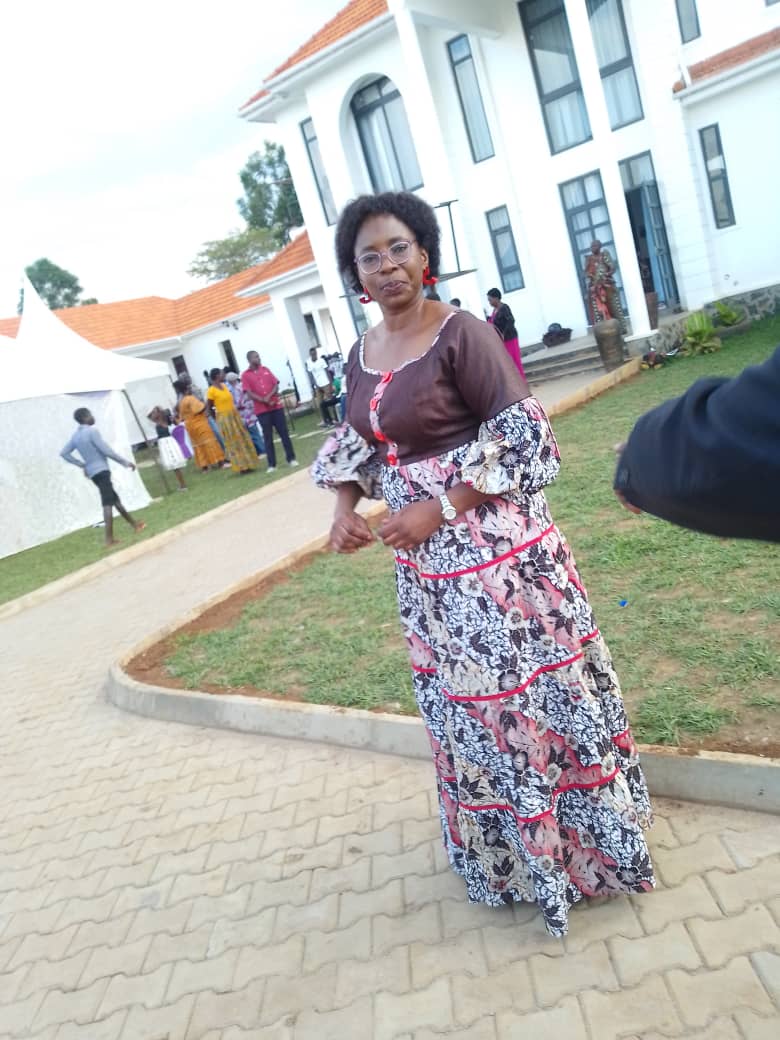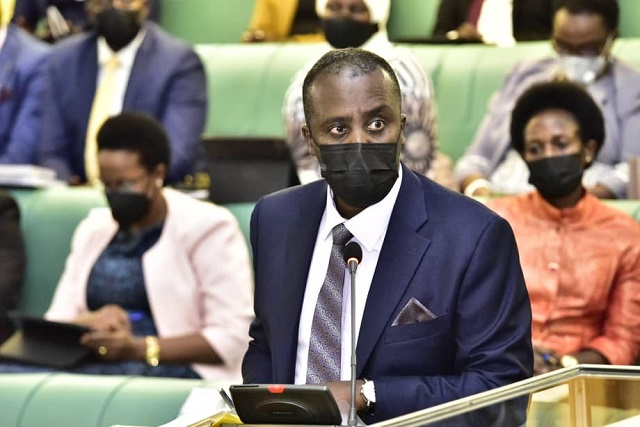Yes, the Banyarwanda are descended from a diverse group of people who settled in the area through a series of migrations. The earliest known inhabitants of the African Great Lakes area were a sparse group of hunter-gatherers who lived during the Late Stone Age.
The Banyarwanda are one of the 56 tribes recognized in the 1995 Constitution of the Republic of Uganda.
The Banyarwanda tribe was gazetted by the Uganda Constitution of 1995, which names the Banyarwanda as one of the tribes of Uganda.
Last year, my sister applied for a passport to urgently travel to the UK for further studies and proudly — or ‘mistakenly’ — indicated ‘Nyarwanda’ as her tribe. After about four months of checking, she was bluntly told that Banyarwanda are not entitled to hold Ugandan passports!
She missed that golden chance in her life, but she kept it to herself until early this year when she learned that I was planning to go for further studies abroad and would also be applying for a passport.
When she told me what had happened, I consulted some friends in the security circles, who advised me to call myself a Mufumbira. Having been a teacher in Kisoro for some time, I rushed there and filled out forms using their LCs.
I couldn’t change my name, as it appears on all my academic documents. After a month, I was told to present a recommendation from my area MP to show that he knew me as his constituent. Luckily enough, I had registered from there.
So, when I presented my voter’s card, he recommended me. Within three months, I got the passport and I am now settled. I appeal to our MPs to specify whom they meant when they referred to the Banyarwanda who are Ugandans.
At least I know that my father was born in Rweikiniro Sub-county, Ruhaama County, Ntungamo District, and my grandfather migrated from Tanzania — where they had settled after moving from Rwanda over 100 years ago.
I appeal to the Ministry of Internal Affairs to iron out this matter, because it could stir unnecessary tribal sentiments in our country.
There are many Banyarwanda like me who were born and grew up in Uganda and know no other country they call home.
2017 story from New Vision by — Caleb Habimana, Ntungamo




















